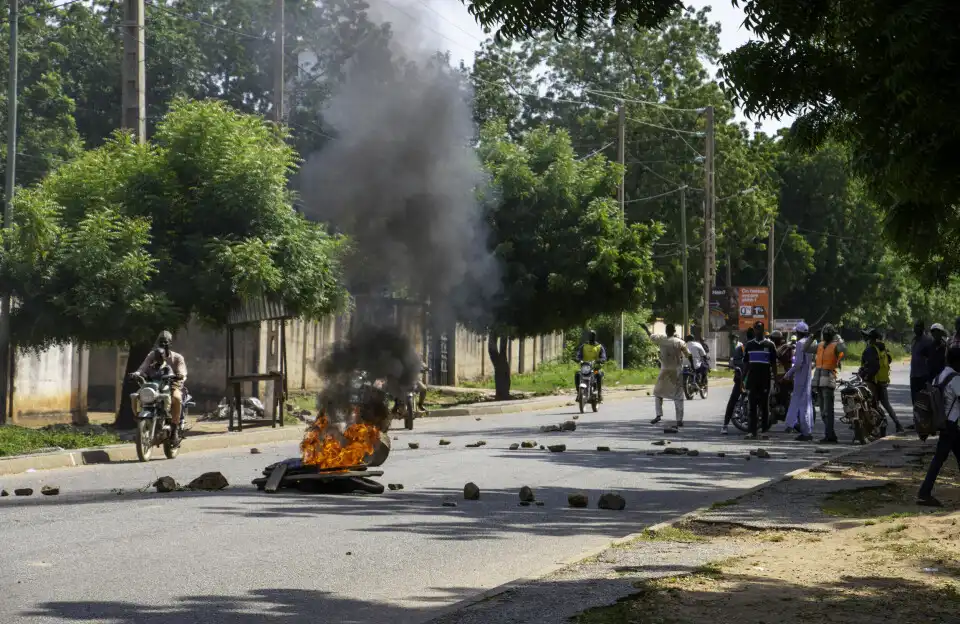The M23 rebel group in eastern Congo is under fire for allegedly stealing over 500 kilograms of gold, valued at $70 million, from a mine in South Kivu. Twangiza, a mining company operating in the region, claimed on October 22, 2025, that M23 fighters looted its concession, using Rwandan geologists to pinpoint the precious metal.
The accusations have intensified tensions in the mineral-rich province, spotlighting the ongoing conflict over Congo’s resources.
This isn’t just a theft claim it’s a flashpoint in a volatile region.
M23’s Defense
Corneille Nangaa, M23’s coordinator, fiercely denied the allegations. In a statement on October 23, he insisted the mine was run by local artisanal miners, not an industrial firm like Twangiza.
“No looting happened,” Nangaa declared, accusing government forces in Kinshasa of attacking the site and violating ceasefire agreements. He claimed the government’s strikes stirred unrest, shifting blame away from M23’s fighters.
The rebuttal paints a murky picture of competing narratives.
Mineral Wealth and Conflict
South Kivu’s mines, brimming with gold, coltan, and tungsten, are a prize in Congo’s ongoing strife. M23 controls key areas rich in these resources, fueling suspicions of plunder. Reports suggest rebels channel minerals through Rwanda to global markets, profiting from the trade to sustain their campaign.
The Twangiza accusation fits a pattern of claims that M23 exploits Congo’s wealth, though the group insists it protects local miners.
Resources remain at the heart of the region’s unrest.
Twangiza’s Stance
Twangiza, a major player in South Kivu’s mining sector, stands firm on its claims. The company alleges M23’s fighters systematically raided its site, guided by Rwandan experts to maximize their haul.
The loss 500 kilograms of gold has dealt a financial blow, with the company calling for justice. “This theft cripples our operations and Congo’s economy,” a Twangiza spokesperson said, urging action against the rebels.
The $70 million loss underscores the stakes in this conflict.
Broader Accusations
M23 has long faced scrutiny for allegedly funding its rebellion through mineral theft. Observers point to the group’s control over resource-rich zones, claiming profits from gold and other ores fuel weapons and operations.
Allegations of smuggling through Rwanda to international buyers have persisted, though M23 denies these charges, framing itself as a defender of local communities against government overreach.
The truth remains tangled in Congo’s complex war.
Regional Tensions
The accusations come amid fragile ceasefires in eastern Congo. M23’s clash with government forces has displaced thousands, with South Kivu a hotspot. The Twangiza incident risks escalating violence, as both sides trade blame.
Local communities, caught in the crossfire, face economic hardship as mining disruptions cut jobs and raise prices. Calls for peace grow louder, but solutions seem distant.
The region teeters on the edge of further unrest.
What’s Next?
M23’s denial of the $70 million gold theft has deepened distrust in South Kivu. Twangiza’s claims, backed by detailed accusations, clash with the rebels’ counter-narrative.
As Congo grapples with its mineral wealth and ongoing conflict, the world watches.
Can peace hold, or will resource battles fuel more chaos? The answers lie in the volatile heart of South Kivu.
Simone Gbagbo Runs for Ivory Coast Presidency with Bold Vision




















